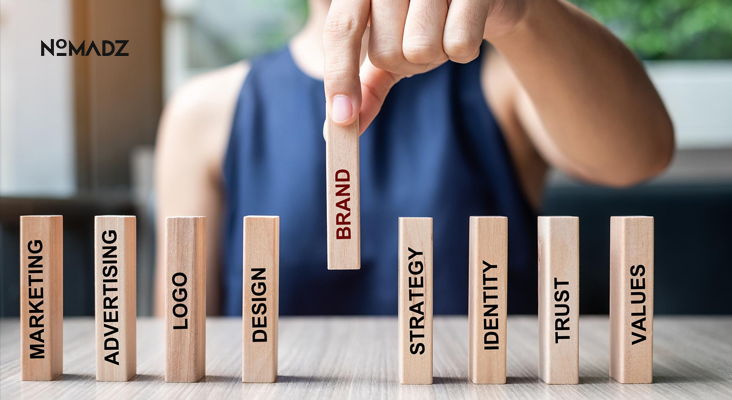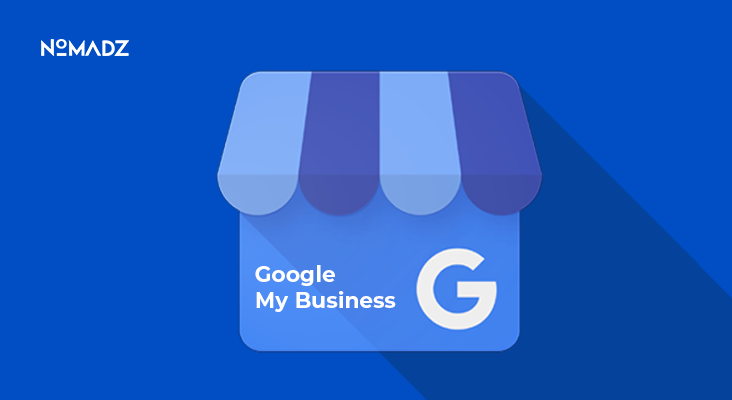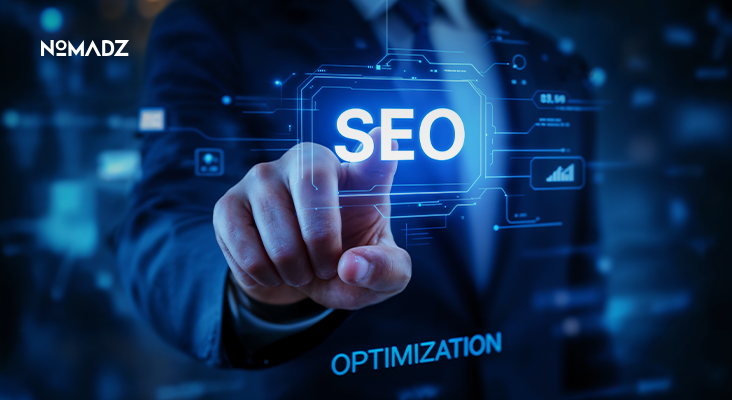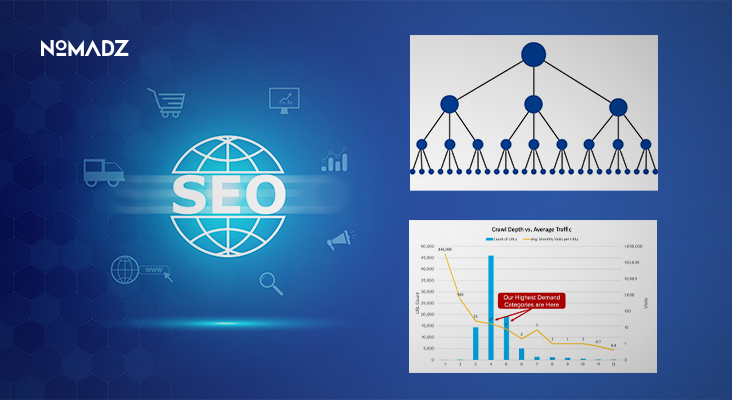Sustainable Marketing: Aligning Brand Values with Consumer Expectations
In the current dynamic world of business, brands are coming to know that profitability is not everything, but rather the reason. Catchy advertisements or discounts do not impress consumers anymore, but they want to be certain that they support the companies that are concerned about the planet and society. This change has led to the development of a sustainable marketing strategy, which is an approach that aligns the brand values with environmental responsibility, ethics, as well as long-term trust.
Sustainability is a trend in 2025, but not an option. We shall discuss how sustainable marketing is changing businesses and why brand values must be aligned with the expectations of the consumer has become the key to success in the long run.
The Rise of Conscious Consumers
Consumers have been more aware and environmentally conscious in the last ten years. They are posing some hard questions: Where do products originate? Are they ethically sourced? What is the environment that the company is doing? This conscious consumer revolution is defining the operating and communication style of a brand.
As per the latest research, over 70% of shoppers all over the world would like to purchase brands that are shown to be concerned about sustainability. This implies that sustainable marketing cannot be seen as a choice anymore; it is a requirement when it comes to credibility and expansion.
Also Read: Unilever’s ‘Social-First’ Strategy: A Blueprint for Modern Marketing
What Is Sustainable Marketing?
Sustainable marketing is a process that concentrates on marketing products, services, and values in a manner that does not hurt the planet, communities, or promote irresponsible consumption. It has to be doing good, and telling that good is genuine.
Contrary to traditional marketing,where the short-term objectives are usually sales-based, sustainable marketing develops long-term relations that are founded on trust and transparency. Companies using this branding ensure that they minimize wastage and waste, use materials that are environmentally friendly, and treat their supply chain fairly.
In a nutshell, it is not merely about selling but making a good impression as well as growing the business.
The Power of Eco-Friendly Branding
Eco-friendly branding is one of the greatest pillars of sustainable marketing. This is achieved by consciously making choices in all aspects, such as product design, packaging, and communication. An example of this is that companies are moving towards recyclable or biodegradable packaging, renewable energy, and minimal waste generation.
Companies as Patagonia or The Body Shop have established their status throughout the world as examples of how eco-friendly branding can create an emotional connection. Their honesty and sustainability appeal to the hearts of customers who desire to feel good about their spending.
Even mainstream brands are now doing the same in 2025. They are adding green imagery, sustainability statements, and ethical sourcing statements into their campaigns to appeal to a more responsible audience.
Corporate Social Responsibility: Beyond Buzzwords
One of the key elements of sustainable marketing is corporate social responsibility (CSR). It is more than donations or charity and is concerned with the daily operations of a brand. This involves ethical working conditions, community programs, and lessening of the environmental footprint.
Take a brand that subsidizes the work of local craftsmen, invests in education, or invests in renewable energy as an example, and is engaging in real CSR. Whenever such efforts are conveyed in a way that is true to the customer, then customer trust increases.
In the present market, there is an ability of modern consumers to identify greenwashing in a short period of time, i.e., when a brand claims to be environmentally friendly when in fact they are not. And this is why authenticity becomes the key to successful sustainable marketing strategies.
Promoting should not be the first thing, but should come after acts by the brands.
Green Marketing: A Smarter Way Forward
Green marketing involves marketing of products that are safe and sustainable to the environment. It is not only a communication strategy, but also a product development strategy. Brands are rebranding products to lessen their carbon footprint, use less water, and get rid of damaging chemicals.
These are the focus of digital campaigns about green marketing. In which the focus is on mindful choices that result in living better. This is an emotional appeal to the heart and the mind, which touches the audience and strengthens brand integrity.
Customers who realize that their buying choices are making the world a healthier place will naturally become loyal and promote the same.
Aligning Brand Values with Consumer Expectations
The brands that are most successful in 2025 will be those that reflect the values of the customers. Consumers desire to identify with companies that reflect their values, such as sustainability, inclusiveness, and social responsibility.
The gap can be closed by sustainable marketing, which reveals intentions and actual impact. It is not perfection but progress. Sustainability reports, certifications, and true stories of change are accountable and can be emotionally connected.
The more brands become open about their problems and progress, the better chance they have to gain consumer trust as opposed to those who make false assertions.
Digital Transformation and Storytelling
The digital medium has enabled more than ever before for brands to demonstrate their sustainability actions. The messages about sustainability can be humanized with the help of social media campaigns, short-form videos, and collaboration with influencers.
Sustainable marketing revolves around storytelling – how a little does a lot. An example is a video series on the artisans behind a product, or a behind-the-scenes of what happens to a product with eco-friendly packaging can help sustainability be relatable and inspirational.
The Future of Sustainable Marketing
In the future, anything that will make a marketing strategy successful will be based on sustainability. Sustainable marketing has become a business necessity as governments, investors, and consumers continue to influence brands to work responsibly.
Innovations in technology are also beneficial. Whether it is the transparency of supply chains facilitated by blockchain or AI-based tools to assess the impact on the environment. The early adopters in terms of sustainability will become the market leaders as the awareness increases.
Also Read: 101 Guide on Blockchain in Marketing in 2025
Final Thoughts
The world has gotten into a state where purchase is purpose-driven. Sustainable marketing is not simply about advertising green causes. It is about re-establishing a new relationship between brands and consumers.
Through adopting green branding, actual corporate social responsibility, and investing in green marketing, companies can make a significant difference and gain long-term loyalty.
Ultimately, the brands that emerge victorious would be those that not only talk about values but also practice them. Also, doing good to the planet is good business as well.









Leave feedback about this